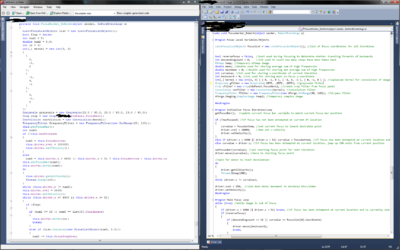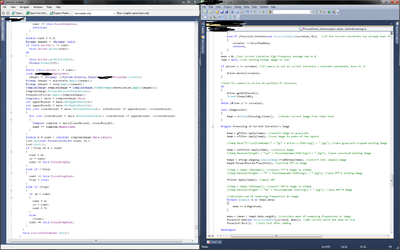I've got about a year (lol a whole year) programing experience. What I would like to know is if there is a program, such as n++ but more indepth, that will allow me to see the actual coding behind the "pictures" or "gui" of other programs.
I know there are some that are illegal to mess with, and frankly those would be to large and complex to be of any real interest to me, But there are others like free downloadable things, such as malware, and other programs that are said to be "safe" by the creators, but in fact are malicious in nature.
What I would like to be able to do, and this is purely educational is see what they do before installing them, or running them.
I used to have a junker computer that wasn't connected to a network or internet that I would run such things on to find out what they did before trying them on my main rig.
I hate surprises especially when computers are involved.
any ideas?
I know there are some that are illegal to mess with, and frankly those would be to large and complex to be of any real interest to me, But there are others like free downloadable things, such as malware, and other programs that are said to be "safe" by the creators, but in fact are malicious in nature.
What I would like to be able to do, and this is purely educational is see what they do before installing them, or running them.
I used to have a junker computer that wasn't connected to a network or internet that I would run such things on to find out what they did before trying them on my main rig.
I hate surprises especially when computers are involved.
any ideas?


